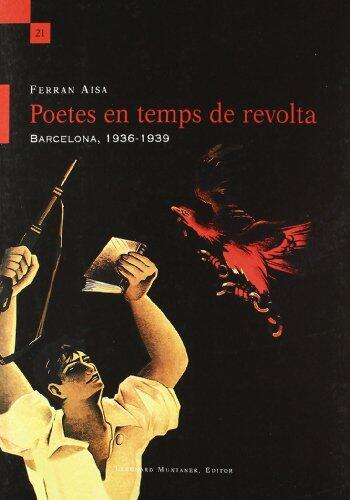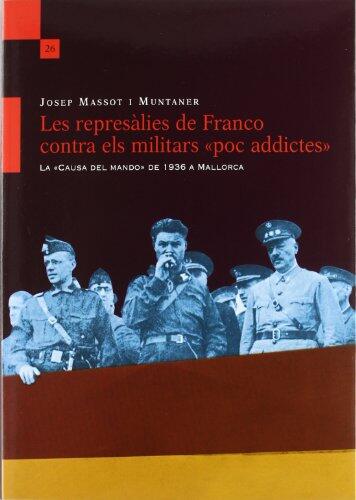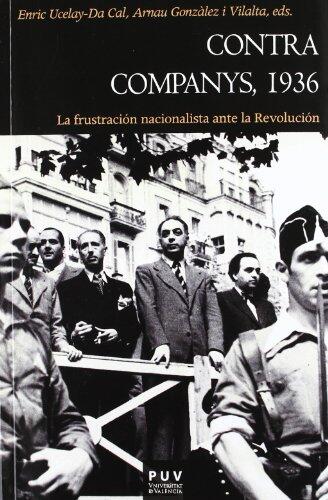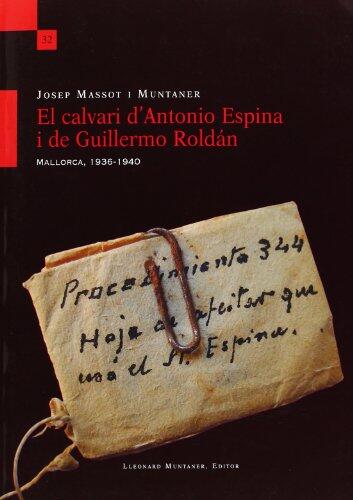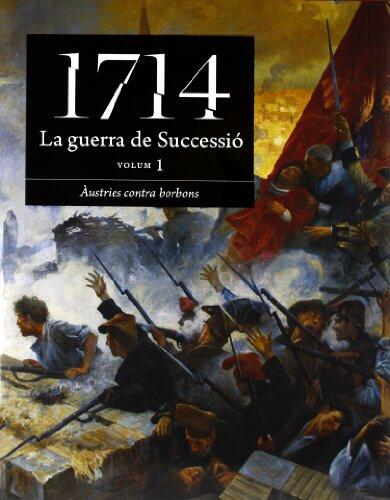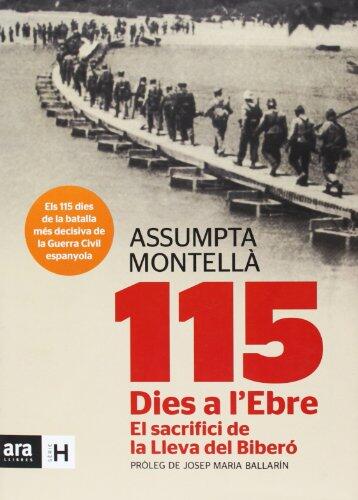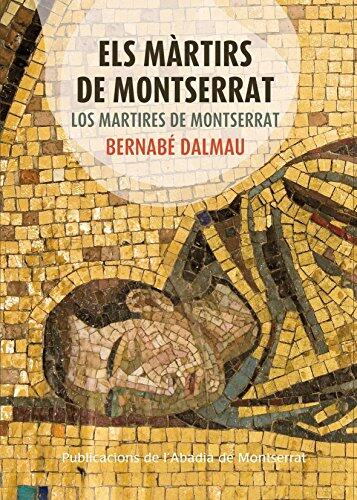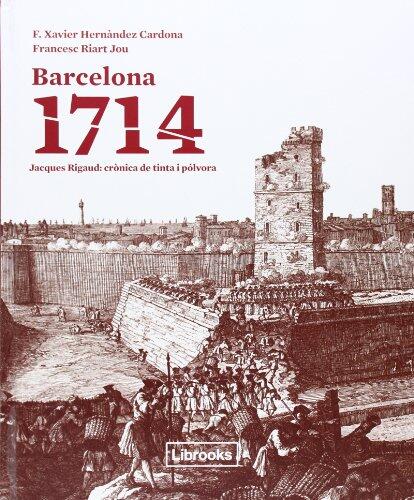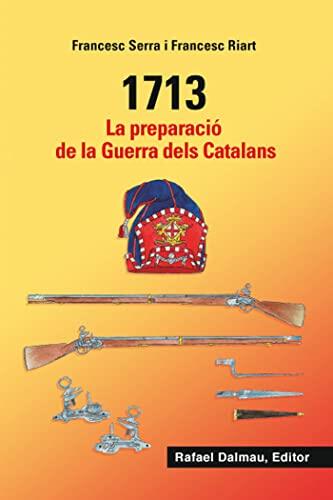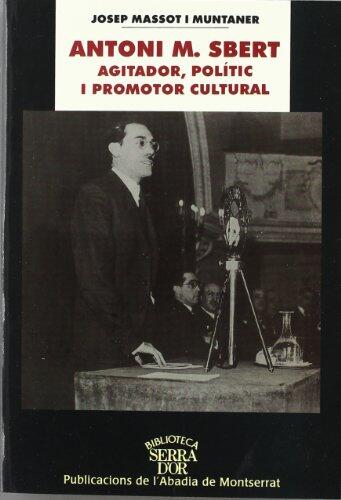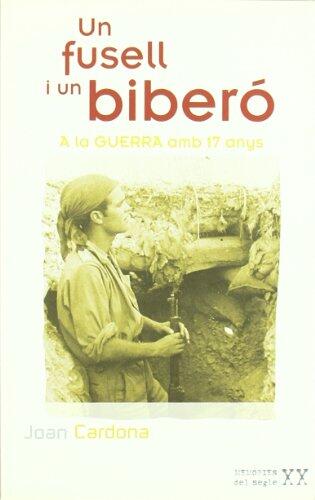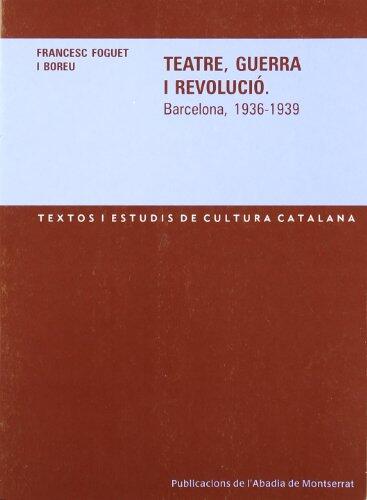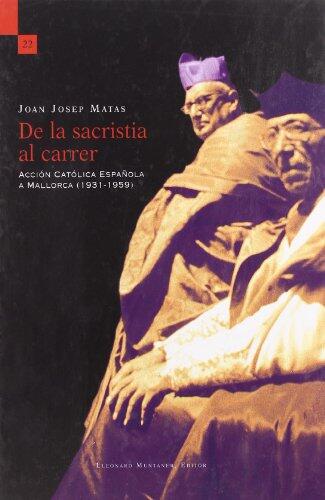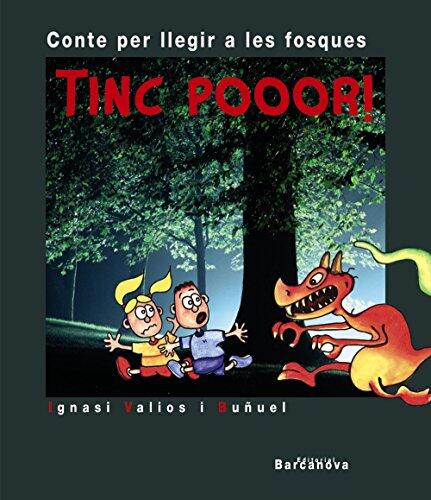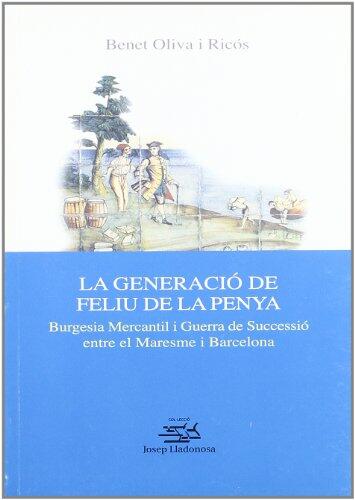
La generació de Feliu de la Penya.: Burgesia Mercantil i Guerra de Successió entre el Maresme i Barcelona.
بواسطة
Benet Oliva i Ricós
لا توجد تقييمات بعد
Action & Adventure
تنسيق
غلاف ورقي
صفحات
237
لغة
الإنجليزية
منشور
Apr 1, 2001
الناشر
Edicions de la Universitat de Lleida
رقم ISBN-10
8484090922
رقم ISBN-13
9788484090922
الوصف
This work delves into the intricate relationship between the mercantile bourgeoisie and the War of Succession in the region of Maresme and Barcelona. Through meticulous research, Benet Oliva i Ricós uncovers the socio-economic dynamics that shaped the experiences of individuals during this tumultuous period. He emphasizes how the aspirations and struggles of the merchant class were not only pivotal in their own right but also reflective of broader historical currents.
The narrative is enriched with detailed bibliographical references, providing readers with a comprehensive foundation for understanding the historical context. Oliva i Ricós expertly weaves together various threads of history, examining how the rise of the bourgeoisie influenced local politics, trade, and social structures amidst the backdrop of a bitter conflict for succession.
As the author navigates through personal stories and collective movements, he sheds light on the resilience and adaptability of the population. This exploration reveals the complexities of identity and loyalty in a region caught between opposing forces, ultimately offering a deeper insight into the fabric of early-modern Catalonia. The work is a significant contribution to the understanding of how economic interests and warfare intersected, leaving a lasting impact on the area’s development.
The narrative is enriched with detailed bibliographical references, providing readers with a comprehensive foundation for understanding the historical context. Oliva i Ricós expertly weaves together various threads of history, examining how the rise of the bourgeoisie influenced local politics, trade, and social structures amidst the backdrop of a bitter conflict for succession.
As the author navigates through personal stories and collective movements, he sheds light on the resilience and adaptability of the population. This exploration reveals the complexities of identity and loyalty in a region caught between opposing forces, ultimately offering a deeper insight into the fabric of early-modern Catalonia. The work is a significant contribution to the understanding of how economic interests and warfare intersected, leaving a lasting impact on the area’s development.
